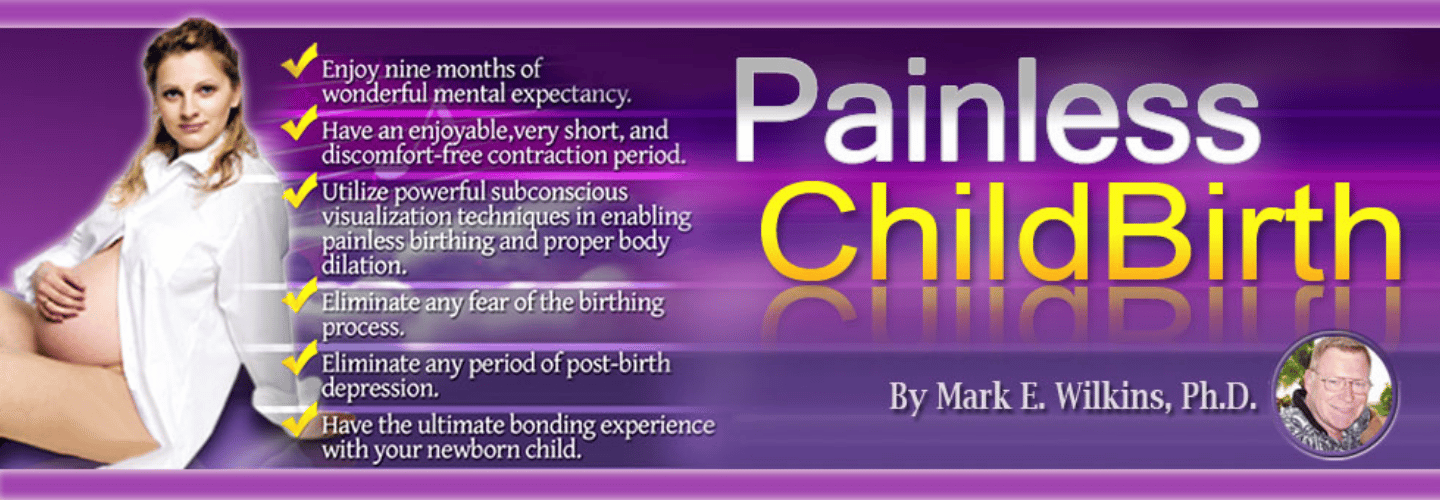
Hypnosis in childbirth, a practice refining since the 1950s, profoundly aids in pain management and transforms labor into a more empowering experience. By diminishing pain perception and anxiety, it enables mothers to have more natural and controlled birthing experiences, reducing the need for medical interventions like epidurals. Harnessing self-hypnosis techniques, mothers can attain greater relaxation and control. Exploring further reveals deeper insights into how these techniques can greatly improve the childbirth process.
Key Takeaways
- Hypnosis during childbirth reshapes perceptions and empowers women by promoting a natural, less medicalized approach.
- It significantly alters pain perception, reducing the need for epidurals and other pharmacological interventions.
- Techniques such as self-hypnosis enhance relaxation and control, leading to potentially shorter and more satisfying labor experiences.
- Regular practice of hypnosis helps mothers cultivate deep relaxation and effective pain management skills.
- Integrating hypnosis in childbirth education offers psychological and physiological benefits, fostering personal empowerment and reduced anxiety.
Historical Roots and Evolution of Hypnosis in Childbirth
While hypnosis has been a cornerstone in alternative pain management since the 1950s, its application in childbirth has revolutionized the way women experience labor.
Tracing its therapeutic origins, hypnosis in childbirth not only offers profound pain relief but also reshapes cultural perceptions of labor. It empowers women to harness their inner strength and confront labor with greater calmness and confidence.
This shift in understanding emphasizes a more natural, less interventionist approach to childbirth. As society continues to embrace these methods, the narrative around childbirth evolves, fostering an environment where women feel supported and capable in their birthing choices.
Scientific Insights Into Hypnosis and Labor Pain Reduction
Building on the historical use of hypnosis in childbirth, recent scientific studies have further reinforced its effectiveness in managing labor pain. Research reveals that hypnosis particularly alters pain perception, offering a profound psychological impact that enhances the birth experience. Here's a brief overview:
| Aspect | Benefit | Impact on Mother |
|---|---|---|
| Pain Perception | Reduced sensation | Empowered feeling |
| Psychological | Decreased anxiety | Increased control |
| Medical | Lower epidural usage | Healthier process |
Embracing hypnosis in childbirth supports mothers in managing pain through mind-body techniques, fostering a nurturing environment for welcoming new life with less discomfort and more joy.
Adapting Hypnosis Into Contemporary Childbirth Practices

Hypnosis is increasingly being recognized as a valuable tool in contemporary childbirth practices, offering a compassionate alternative to traditional pain management techniques.
As hypnosis integration becomes more prevalent, healthcare professionals are incorporating it into childbirth education curricula. This adaptation not only educates expectant mothers about the psychological and physiological benefits of hypnosis but also equips them with practical skills to enhance their birthing experience.
Emphasizing personal empowerment and anxiety reduction, this approach fosters a nurturing environment where women can learn and practice self-hypnosis techniques, tailored to their individual needs and comfort levels, transforming their journey into motherhood.
Comprehensive Benefits of Using Hypnosis for Pain Management
As childbirth approaches, many women seek effective pain management strategies that do not rely heavily on medications; hypnosis presents a compelling alternative.
This method considerably reduces the need for pharmacological interventions, fostering a relaxed birthing environment that can lead to shorter labor durations.
Hypnosis enhances mood and overall satisfaction with the childbirth experience, offering substantial emotional support.
Furthermore, it empowers mothers by providing them with a sense of control over their birthing process, contributing greatly to their emotional well-being.
These benefits showcase hypnosis not only as a tool for pain management but also as a means for personal empowerment during childbirth.
Practical Hypnosis Techniques for a Pain-Free Birthing Experience

With the established benefits of hypnosis for pain management during childbirth, it becomes imperative to explore practical techniques that can facilitate a pain-free birthing experience.
Self-hypnosis techniques empower expecting mothers to cultivate deep relaxation methods, essential for easing labor pains. By focusing on positive affirmations and visualizations, women align their mind and body toward a serene birthing process.
These practices not only decrease stress and anxiety but also enhance the body's natural pain coping mechanisms. Regular practice before labor equips mothers with the skills to manage discomfort effectively, fostering a calm, controlled, and positive childbirth experience.
Frequently Asked Questions
How Can Partners Support the Hypnosis Process During Childbirth?
Partners can support the hypnosis process during childbirth by learning supportive techniques, actively participating, and fostering a calm environment. Their presence and encouragement can greatly enhance the effectiveness of hypnosis for pain management.
Are There Any Long-Term Effects of Using Hypnosis in Childbirth?
Current inquiries explore the long-term effects of utilizing hypnosis in childbirth. Studies suggest enduring benefits, with techniques potentially fostering prolonged maternal well-being and reduced postpartum recovery times, enriching the overall childbirth experience.
How Soon Before Labor Should Hypnosis Training Begin?
For ideal pre-labor preparation, hypnosis training should start several weeks before the expected delivery date. This timing consideration allows adequate practice and mastery of techniques, enhancing comfort and effectiveness during childbirth.
Can Hypnosis Be Used for Postpartum Recovery?
Hypnosis benefits extend to postpartum recovery, aiding in emotional and physical healing. This technique can reduce stress and promote quicker recuperation, providing a supportive and instructive approach to steering through the challenges of postpartum adjustment.
What Are the Risks or Disadvantages of Using Hypnosis During Labor?
Like a double-edged sword, hypnosis in labor can wield drawbacks. Misconceptions about its efficacy and safety concerns linger, potentially leading to underpreparedness for alternative pain management should hypnosis not meet individual expectations.
Conclusion
In summary, hypnosis in childbirth, like a gentle wave soothing the shore, washes away layers of discomfort, offering a serene passage for expectant mothers. This age-old practice, now backed by scientific validation, not only diminishes pain but enriches the birthing journey with profound psychological empowerment. Embracing hypnosis can transform a potentially intimidating experience into an empowering celebration of life, guiding mothers through a more controlled and emotionally fulfilling birth.




